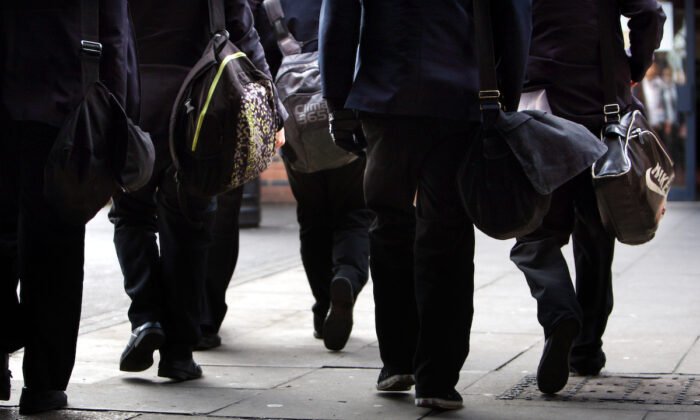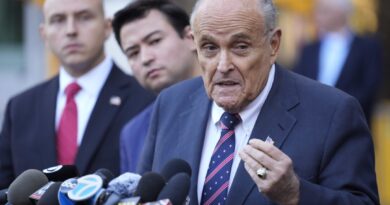Watchdog Report Finds Limited Evidence of Impact of Funding on Disadvantaged Pupils
The National Audit Office has highlighted that the Department for Education (DfE) lacks evidence to prove its effectiveness in improving outcomes for disadvantaged pupils, and must review its allocation of funds.
The NAO stated in a report released on Tuesday that despite the DfE spending £9.2 billion in 2023–24 on education interventions for underprivileged children, it cannot fully measure the impact of nearly half (47 percent) of this investment.
The watchdog also pointed out that the DfE has inadequate knowledge of how schools utilize the funding they receive for disadvantaged pupils, and whether it delivers the intended outcomes in a cost-effective manner.
While the DfE annually spends £60 billion to support all school children, including the £9.2 billion for disadvantaged pupils, the NAO emphasized that disadvantaged children continue to underperform compared to their peers across all school phases.
Despite the DfE’s strategic focus on narrowing the attainment gap, a recent report highlighted that the gap between disadvantaged pupils and their peers increased from 2019 to 2023.
There are approximately 2.1 million disadvantaged children in state-funded schools in 2023–24, representing 27 percent of the total school population. These children are those eligible for free school meals or have been looked after by local authorities.
The NAO report emphasized that the DfE lacks a comprehensive view of its interventions and milestones to gauge progress, resulting in its inability to demonstrate value for money in its expenditures.
The NAO recommended that the DfE reevaluate its funding allocation, collect more evidence on successful interventions, and collaborate with the government to address broader factors impacting disadvantaged children.
A DfE spokesperson acknowledged the need for improvement and pledged to implement measures to enhance opportunities and outcomes for all children.
Despite commitments to address child poverty in its manifesto, Labour faced a rebellion over the two-child benefit cap, with MPs pushing to scrap the policy. The new government is under pressure to reconsider its stance on the cap’s impact on child poverty.



